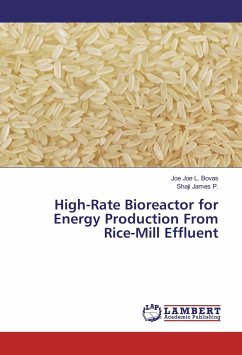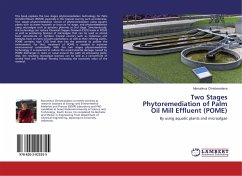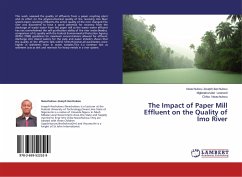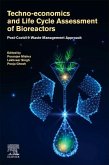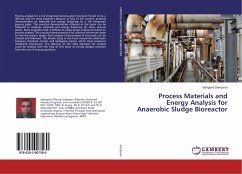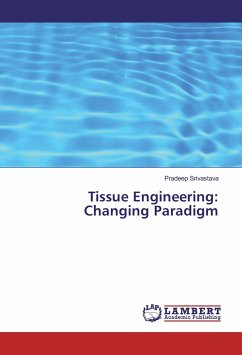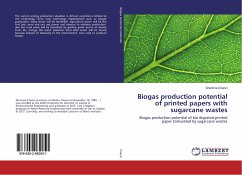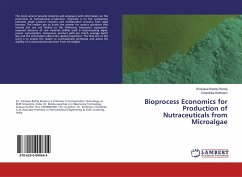The discharge of untreated rice mill effluent (RME) creates environmental problems resulting in public health hazard. Even though anaerobic treatment of organic effluents combines waste management with energy production, conventional systems require long Hydraulic Retention Times (HRT) necessitating large digester volumes. High rate anaerobic systems are capable of treating organic liquid wastes at short HRTs with high treatment efficiencies. Scientific investigations are required to evolve guidelines for design, installation and operation of such systems for specific effluents like RME. The investigations on biomethanation characteristics of RME, development of an Up-flow Anaerobic Hybrid Bioreactor (UAHB) and its evaluation by operating at different HRTs and Organic Loading Rate are described. The results of the study could provide information to overcome the technological barriers that prevent the popular acceptance of this technology by small as well as medium rice processingindustries. The methodology act as a guide for developing anaerobic systems for managing organic effluents from agro processing industries by energy conversion.

